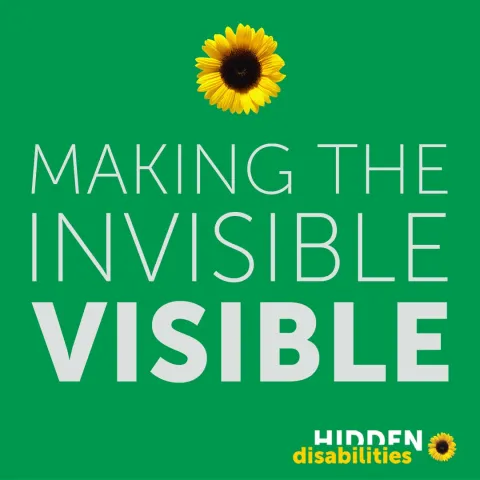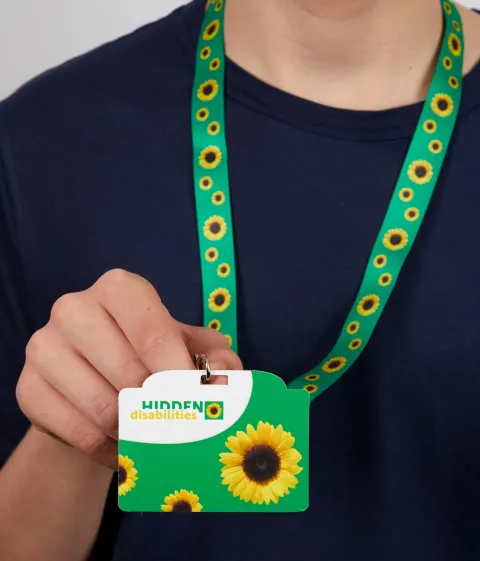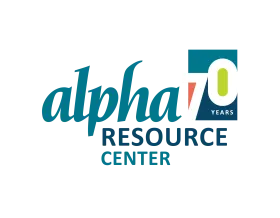Sunflower Program
Santa Barbara Airport is proud to be one of 200+ airports across the world to participate in the Hidden Disabilities Sunflower Program.

What is the Hidden Disabilities Sunflower?
The Hidden Disabilities Sunflower acts as a prompt for people with non-visible disabilities to let others around them know that they may need a helping hand, understanding, or simply more time.
Globally 1 in 6 people live with a disability - approximately 1.3 billion people - and many of these are non-visible conditions. These can be physical, visual, auditory, or neurological and range from autism and ADHD to cognitive impairments such as learning difficulties and dementia, as well as mental health conditions. They can also be respiratory and chronic conditions such as asthma, diabetes, chronic pain and sleep disorders.
How does the program work?
SBA passengers with a hidden disability may voluntarily choose to wear a Sunflower lanyard to discreetly indicate they need extra assistance or time. Santa Barbara Airport staff are trained to recognize the Sunflower and are available to provide support as needed.

Sunflower lanyards are available for passengers traveling through SBA free of charge for either delivery or pick up. To request materials, please fill out the lanyard request form.
What other airports are Sunflower-friendly?
SBA is one of many airports across the world that participate in the Sunflower Program. These airports include some of SBA's nonstop destinations:
- Dallas/Fort Worth International
- Denver International
- Portland International
- Seattle-Tacoma International
Visit the Hidden Disabilities website for a full list of Sunflower-friendly airports.
Thank you to our local Sunflower Program partners!

Alpha Resource Center
Alpha Resource Center has been empowering individuals with intellectual and developmental disabilities for 70 years. Their organization supports families, creates opportunities, and fosters belonging for participants throughout Santa Barbara County. To learn more, visit their website.
